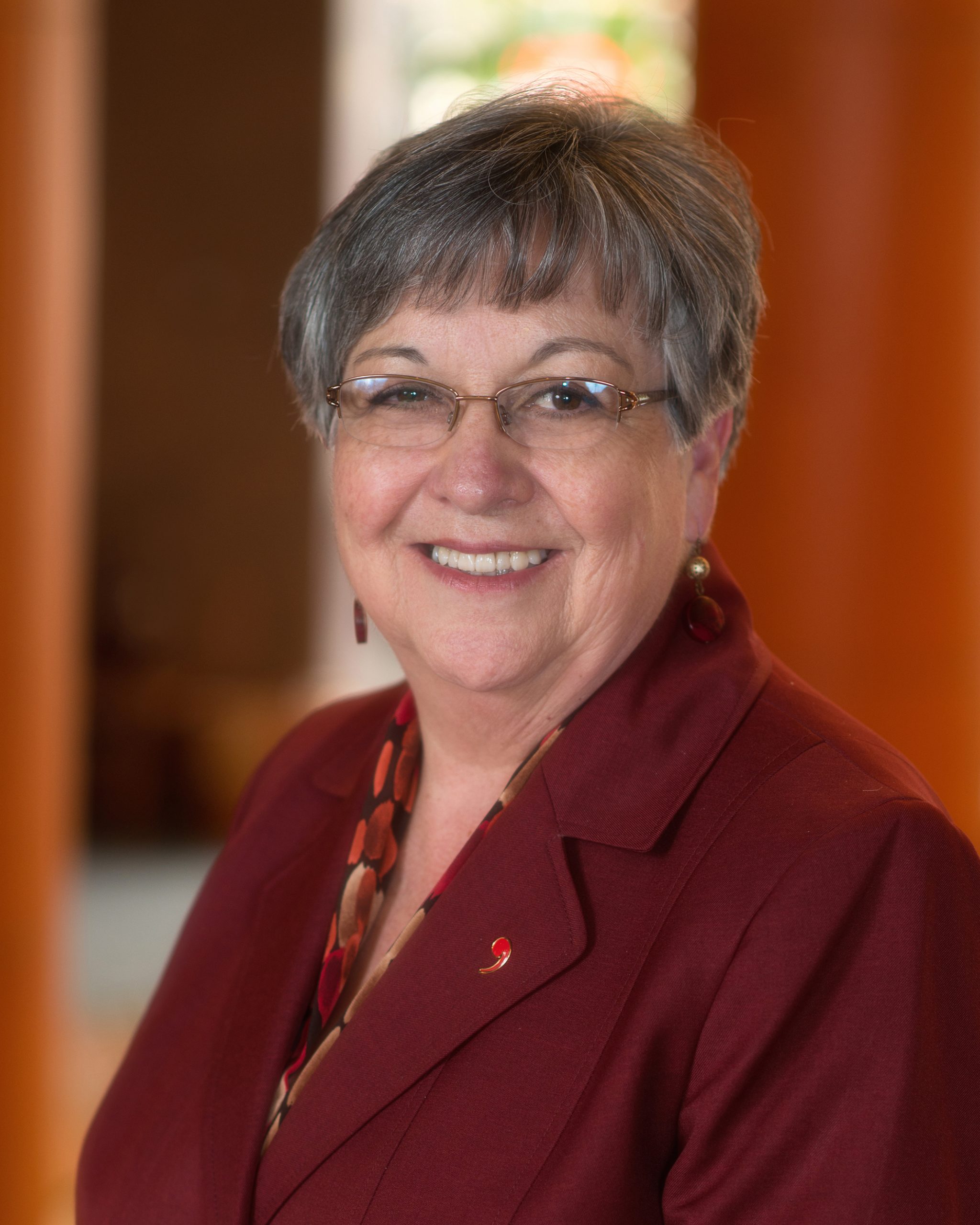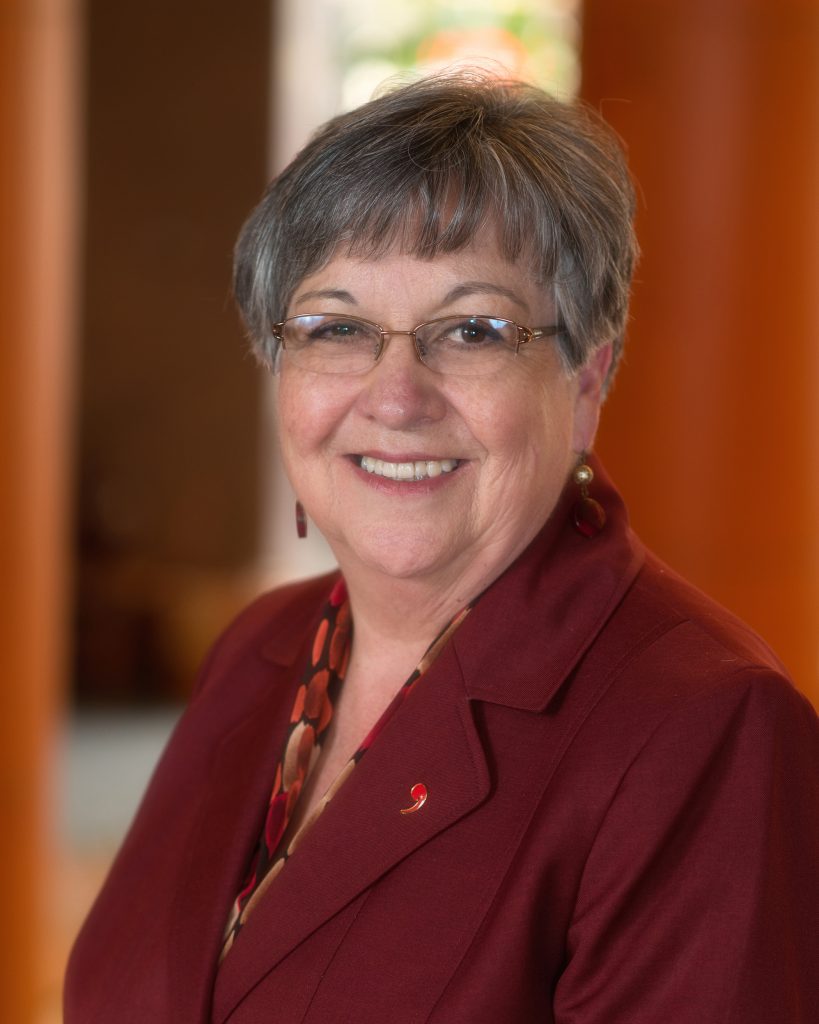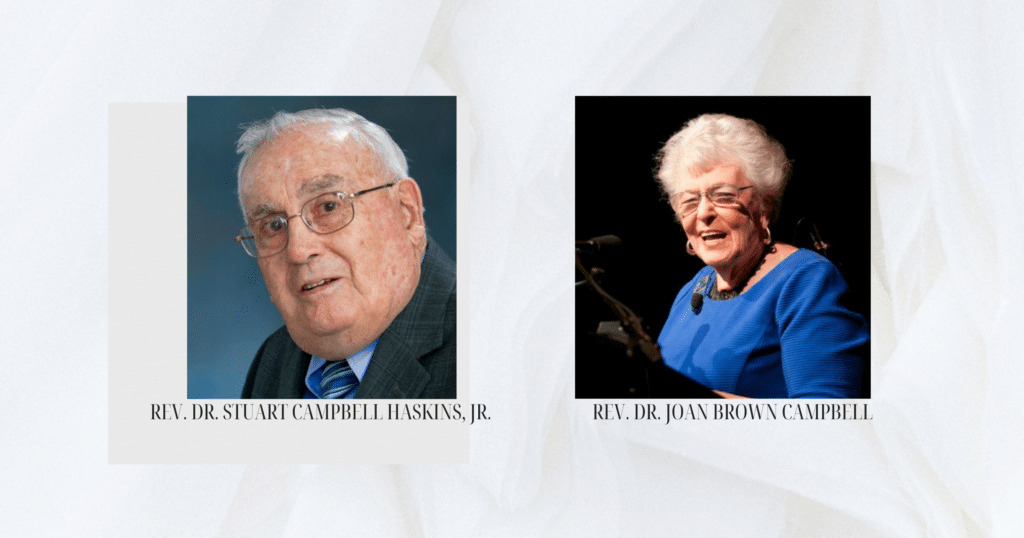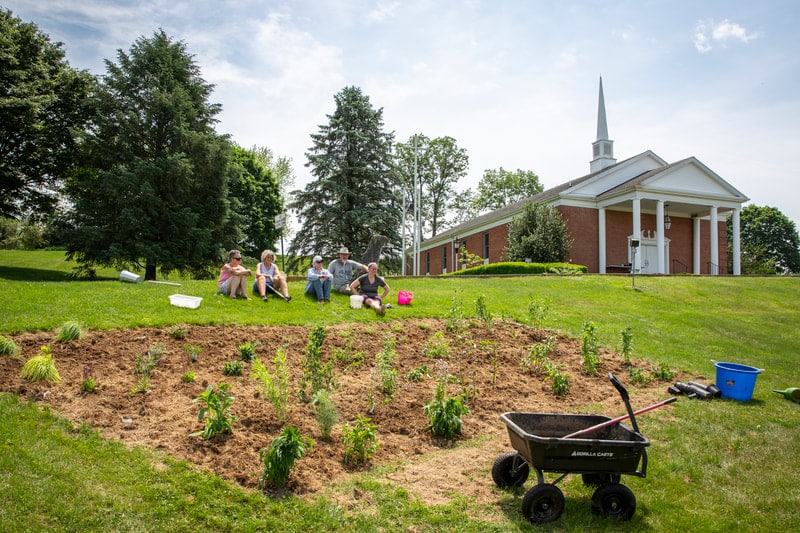Commentary: New Understandings
 Did you have a good Christmas? A happy new year? I can’t tell you how many times I have asked or been asked this question over the last few weeks. Responses vary, but they most often include, “I’m glad the hectic holidays are behind me so things can get back to normal.” And it’s true—the holidays can be filled with many stresses, but they also bring great opportunity. As we embark on a new year together, we have a chance to revise our personal and collective lives.
Did you have a good Christmas? A happy new year? I can’t tell you how many times I have asked or been asked this question over the last few weeks. Responses vary, but they most often include, “I’m glad the hectic holidays are behind me so things can get back to normal.” And it’s true—the holidays can be filled with many stresses, but they also bring great opportunity. As we embark on a new year together, we have a chance to revise our personal and collective lives.
We can choose to follow old traditions in 2015 or establish new practices as the calendar turns. January gives us an opportunity to pause and define ways to make this year different than last year, in hopes of learning how to do things better. When I think about the new year, I find words like renewal, revitalization, and rejuvenation to be helpful. To be sure, we are going to have to do things differently if we want to live a more just and peaceful existence.
January also coincides with the church’s celebration of the Festival of Epiphany. Epiphany comes at the conclusion of the 12 days of Christmas, and literally means a time of new practices and/or new understandings. As followers of Jesus, these new understandings provoke our Christian calling to influence and encourage positive social change in an attempt to live into the teachings and ideals of the Gospel.
Following last year’s numerous tragedies in our communities, we are definitely in need of new practices, understandings, and relationships. In our current social context, both nationally and globally, I suggest we consider words like repair, rebuilding, and restoration of personal and community life.
It would be easy to get bogged down in despair when we see so much injustice and oppression around us—especially for those who live it or those who are working for justice day after day. It is natural to become skeptical and suspicious of even the good that is happening around us. We cannot lose heart; remember, the people who heard our Gospels first hand were just as overwhelmed with doubt about the future as we are sometimes. When despair, discouragement and doubt set in, we must search for new practices and new understandings.
Dr. Howard Thurman said it best, “The place where the imagination shows its greatest power as the agent of God is in the miracle which it creates when one person, standing where they are, is able – while remaining there – to put themselves in the other person’s place.”
As Thurman describes, we must strive to imagine a world where we put ourselves in the other person’s place without losing ourselves in the process. It requires that we listen to the stories of those we know little about. It means believing that those stories are real life experiences for someone else. It necessitates that we form alliances built on human relationships we may have feared. It results in us standing in solidarity with unlikely partners when the powers and principalities threaten to strip the dignity of the other person. It is through these new understandings that healthy communities are built.
The Rev. M. Linda Jaramillo is a National Officer of the United Church of Christ
View this and other columns on the UCC’s Witness for Justice page.
Donate to support Justice and Witness Ministries.
Click here to download the bulletin insert.
Related News
Peace Be With You…
“…And also with you” is the response on Sunday mornings and on occasions where the peace...
Read MoreBreaking barriers and forging loving partnerships: Two servants of God are remembered
This Eastertide, the United Church of Christ remembers the Rev. Dr. Joan Brown Campbell and...
Read MoreGetting down and dirty in the soil: Rural congregation discovers ‘life has the last word’
The Rev. Julia L. Brown has a love/hate relationship with this time of year. “I dislike...
Read More



